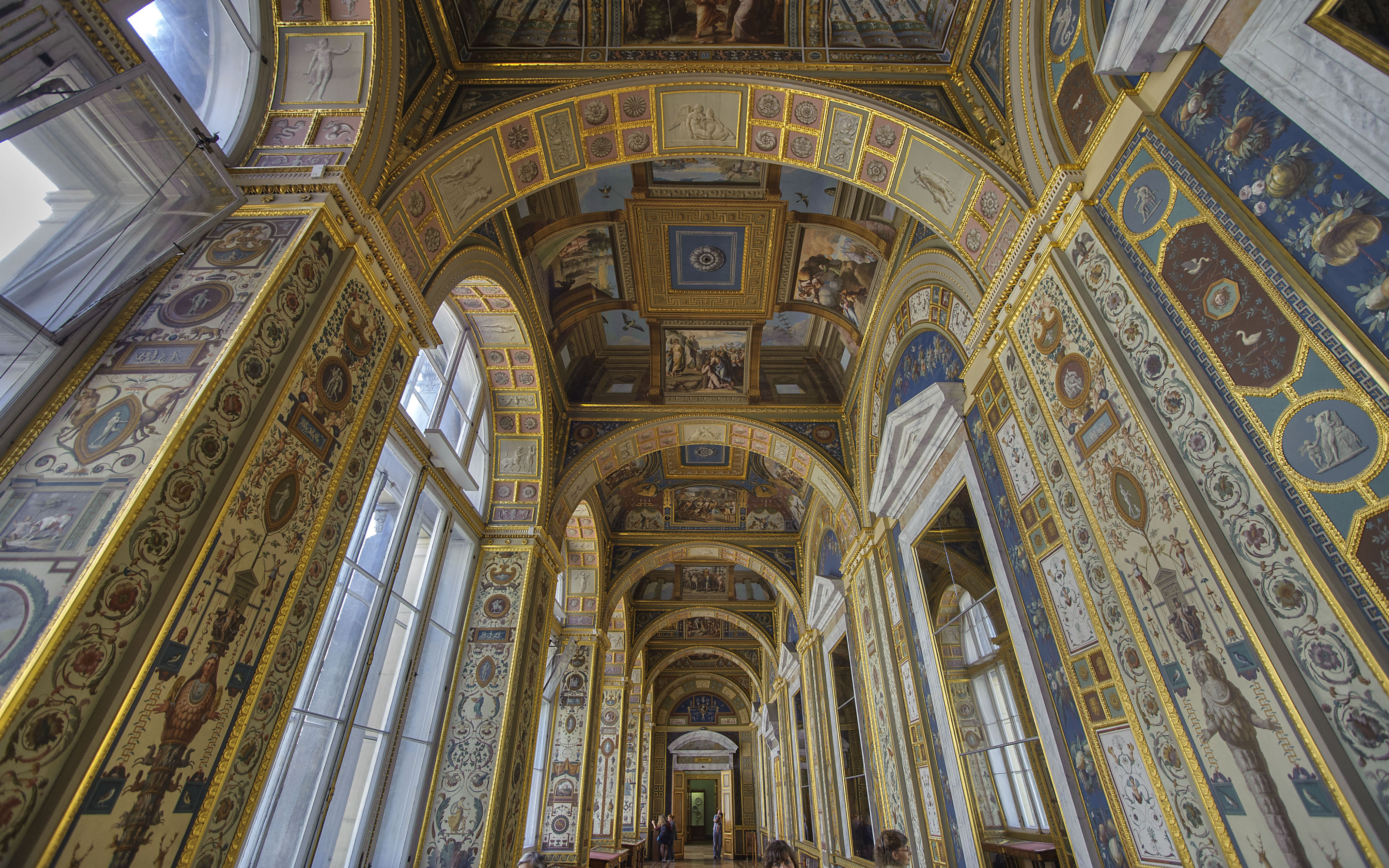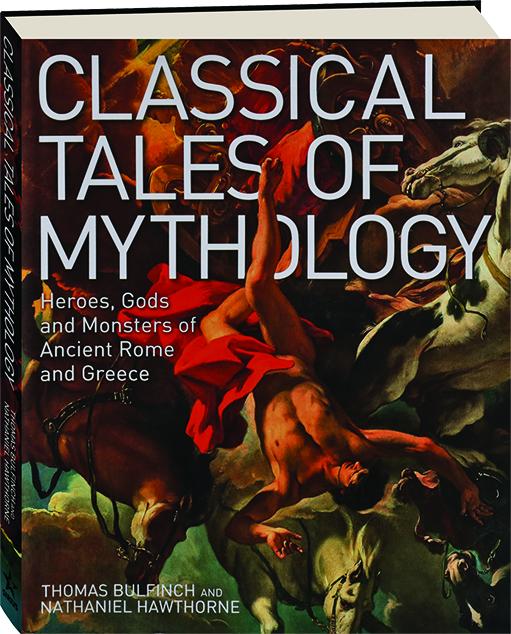Heroes Gods And Monsters

Mythology resemblesone large SparkNote in itself, offering a detailed overview of themyths of ancient Greece and Rome and a brief overview of Norse mythology.Since a tradition as immense as classical mythology cannot be presentedin any linear fashion, Mythology frequently containsreferences to characters or stories that are not explained untillater. Nonetheless, it is perfectly acceptable to skip around inthe book to alleviate this confusion whenever it arises.
Hamilton begins by providing her rationale for the studyof mythology and her understanding of its nature. She then introduces themajor gods and describes the creation of the universe. Twelve primarygods live together on Mount Olympus: Zeus, the chief of these Olympians,is joined by his wife (and sister) Hera; his daughter Athena; hissons Hermes and Ares; the brother-and-sister pair Apollo and Artemis(also Zeus’s children); Zeus’s brothers Poseidon and Hades; hissister Hestia; and Hephaestus and his wife Aphrodite (both sometimesconsidered to be Zeus’s children as well). The names of these godsare Greek in origin, but the Romans renamed most of the gods whenthey adopted them. Except in cases when a story is told exclusivelyby a Roman author, Hamilton employs the original Greek names inher retelling. Besides these twelve are two other important gods—Zeus’ssister Demeter and his son Dionysus—who live on earth rather thanon Mount Olympus.
Learn heroes gods and monsters english with free interactive flashcards. Choose from 500 different sets of heroes gods and monsters english flashcards on Quizlet. Evslin introduces listeners to the wondrous and terrifying world of superhuman beings, such as Medusa and the Minotaur, and the glory of gods like Zeus, Athena, and Poseidon - brought magically to life through heroes such as Perseus, Daedalus, Prometheus, and others. ©1966 Bernard Evslin (P)2014 Graymalkin Media.

Heroes Gods And Monsters Chapters
According to classical mythology, the universe beganin a manner that—remarkably—resembles the modern scientific theoryof the big bang. There was originally only chaos and darkness. Outof the swirling energy Earth and Heaven arose and gave birth tomany children. Though most of these children were monsters, theyeventually gave rise to the Titans, a race of gods in human form.One of the Titans overthrew his sky-father, only to see his ownson Zeus overthrow him later.
Zeus and his siblings defeated all the Titans in a fiercebattle and installed themselves as the lords of the universe. Theycreated humankind and promptly began manipulating their new creatures. Zeus,an incurable philanderer, frequently descended to Earth, often insome magical form, to have his way with beautiful human women. Theoffspring of these liaisons grew to be the first heroes among humankind,and, with the gods’ aid, won many victories against vicious monstersand completed monumental tasks. Many of these half-divine heroes,along with their few all-mortal peers, went on to found the dynastiesof Greece. The most notable of these heroes are Theseus, Hercules,Cadmus, Achilles, and Aeneas.

The stories about these heroes, which account for thefounding of certain cities or the legitimacy of certain dynasticbloodlines, were meant to explain phenomena that the Greeks observedin the world around them. The Greeks also told many other tales,often of a nonheroic nature, to explain the qualities of flowers,lightning, landscapes, and so on. Indeed, as Hamilton writes, thesemyths can be seen as “early science.” Much of classical myth, however,is far more complex than these simple explanatory tales. The worksof the Greek playwrights, written around 500 b.c.,portray a rich, complex social and ethical fabric and are sensitiveto the most profound issues of the human condition. The protagonistsof these plays, caught in webs of circumstances beyond their control,have to nonetheless face their situations and make moral decisionsof direst consequence to themselves and others. Many scholars considerthese Greek tragedies to be as sophisticated in their psychologyand writing as anything penned since.
Heroes Gods And Monsters Summary
Hamilton reserves a final section for the traditionsof the Norsemen. Unlike the Greek and Roman stories, which havebeen retold in many versions that still exist today, the Norse taleshave barely survived. Christian obsession with the destruction ofpagan material swept clean Scandinavia, Germany, and other Norseareas. Only in Iceland did written versions of Norse tales survive.These Icelandic texts, which date from about a.d. 1300 but reflect a much older oral tradition, depict a bleak, dismal,and ultimately doomed universe, headed for a day of battle betweengood and evil in which even the gods will be destroyed. Though Hamilton’streatment of Norse myth is brief, it does offer a striking contrastto the comparatively sunny world of Mediterranean myth.